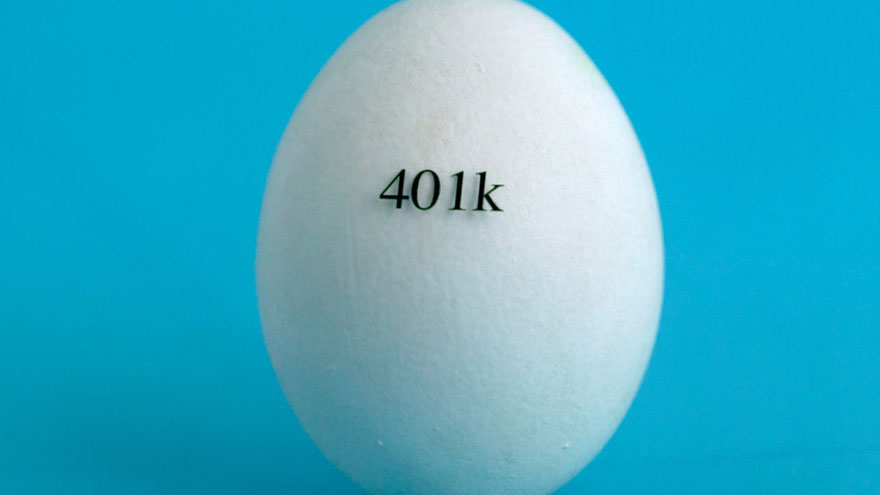Who Should Consider a Roth 401(k)?
A Roth 401k is a retirement savings account that blends parts of the 401k plan with parts of a Roth IRA. Paycheck deductions fund the Roth 401k as they would a traditional 401k. However, the money that goes into the Roth 401k is after-tax money, as it is in a Roth IRA.
The advantage of using after-tax money is that the money is not subject to taxation at retirement as the funds withdrawn from a traditional 401k plan are. There are a number of investors who may benefit from using a Roth 401k plan instead of a traditional 401k.

Low Income Earners
Under 2011 tax laws, low income earners pay a lower percentage of their income in taxes than those who make more. Assuming the low income earner of today will be in a higher tax bracket in the future, it makes sense to pay taxes now rather than paying later in life when the person is likely to be in a higher tax bracket.
However, investing with after-tax money reduces the take-home pay of the investor. Those with a low income may find it difficult to both invest and pay living expenses with the higher amount of current taxation.
High Income Earners
High income earners may want to consider the Roth 401k plan for a different reason than low income earners. Income restrictions prevent some people from contributing to Roth IRAs, but Roth 401k plans have no income restriction.
Contributions to 401k plans are limited to $16,500 per year, or $22,000 if the contributor is 50 years of age or older. This is the combined limit for both types of 401k plan. An investor may have both a traditional 401k and a Roth 401k, but total contributions must stay under the limit.
Multiple Tax Deductions
Persons with multiple tax deductions that lower the amount of income tax they pay each year may want to consider the Roth 401k. Tax deductions may include children, mortgage or student loan interest payments, medical expenses or other sources.
These deductions are more common for younger people than older people entering retirement. By taking advantage of these deductions now, investors can retire without paying income taxes that would be required on money withdrawn from a traditional 401k plan.
Estate Planning
Roth 401k plans have advantages for those who will inherit a large estate or those wanting to leave an estate to others. Those who will inherit a large estate or income-producing business will likely be in a higher tax bracket later in life.
By saving after-tax money now in a Roth 401k, the investors will save on future taxes. Those interested in leaving a large estate to others also benefit by saving after-tax money now in a Roth 401k. Later in life, investors may convert the Roth 401k into a Roth IRA to leave to their heirs without paying any taxes.

